While I wont outright spoil future episodes, I have written this book with the assumption that most readers have watched all of Sherlock, and I will therefore hint at some things to come. I recommend that you watch the entire season before reading the corresponding guide to that season.
Everything had changed in minutes
The Genesis of Sherlock
According to Arthur Conan Doyle biographer Russell Miller, only Mickey Mouse and Santa Claus rival Sherlock Holmes for worldwide instant recognition. The great detective holds the world record for most movie adaptations of a single fictional character. Almost years after he was first invented, he remains the most popular fictional detective of all time. He is instantly recognizable when seen in silhouette form. And yet, since William Gillette first walked onto a London stage in 1899 as Sherlock Holmes, everyone who has ever stepped into Holmess shoes has brought something new to the character. Basil Rathbone emphasized the characters quiet dignity, Jeremy Brett his cunning intensity and humor. Robert Downey Jr.s Holmes is a bare-knuckle boxer and man of action (which, as might come as a surprise to some, is actually one aspect of the Holmes character in the books). There have been parodies and pastiches, fan fiction and fan speculation. Was there really room for yet another version of the great detective?
What a ridiculous question.
Two of the greatest moments of inspiration in British pop culture have happened on trains: on a long trip from Manchester to London, J.K. Rowling scribbled on a napkin the beginnings of the idea for a series of books about a boy wizard. And throughout several shorter trips from Cardiff to London, Doctor Who writers Steven Moffat and Mark Gatiss talked about their love of the Sherlock Holmes stories and wondered why no one had developed a modern-day version for television.
In both cases, the rest is history.
Steven Moffat (born November , 1961 ) is the son of schoolteachers, and he followed them into the same profession while writing on the side. Moffats father, Bill, pitched a series to a BBC executive about a school newspaper, and they loved it. Bill said they could have it on the grounds that they take a look at his schoolteacher sons pilot script. They loved it, and the sitcom Press Gang ( 1989 1993 ) was born. Moffat wrote all episodes of the show, which took a toll on both him and his marriage. Two more sitcoms followed Joking Apart and Chalk followed by his breakout hit, Coupling, where he again wrote every episode. Where Press Gang and Joking Apart featured scenes from his own dissolving marriage, Coupling ( 2000 2004 ) took conversations and situations directly from his burgeoning relationship with Sue Vertue, a producer at the BBC. The two eventually married and have two sons.
In 1999 , Moffat wrote The Curse of Fatal Death, a parody of his favorite show, Doctor Who. The fake episode, done for Comic Relief, starred Rowan Atkinson (among others) as the Doctor. When the series was rebooted by the BBC in 2005 , with Russell T Davies at the helm as the showrunner, Steven Moffat quickly became a beloved writer among fans. Penning such episodes as The Empty Child/The Doctor Dances, The Girl in the Fireplace, Blink, and Silence in the Library/Forest of the Dead, he became known as the darker writer, creating the terrifying Weeping Angels and making the phrase Are you my mummy? send chills down the spines of every Whovian. He is credited with bringing some of the spookier aspects of Doctor Who back to the fore, which, he says, were his favorite bits when he was a child watching it from behind his sofa. Doctor Who, he says, is how we warn our children that there are people in the world who want to eat them.
Because of the show filming in both Cardiff and London, Moffat had to constantly travel between the two places, and often did so with his fellow writer and friend Mark Gatiss.
Gatiss (born October , 1966 ) had a unique upbringing. When the Durham mines closed, his miner father went to work with Gatisss mother at a psychiatric hospital, the Aycliffe Colony for the Mentally Defective. Gatiss spent a lot of his free time at the hospital, using the facilities and even watching films at the hospitals cinema. He recalls that sitting amongst people whose illnesses left deep marks on their faces was so frightening, he could barely focus on the movies. He attributes his later interest in monsters and demons to these early experiences.
Gatiss went off to drama college and met Reece Shearsmith, Jeremy Dyson, and Steve Pemberton, with whom he formed the League of Gentlemen dark comedy troupe, which inspired a wacky BBC television series in the late 1990 s about a group of strange people who live in the Yorkshire Moors. To supplement his income, he wrote Doctor Who novels (having been a fan of the show since he was a boy), and he came on board the TV series in 2005 , penning such episodes as The Unquiet Dead, The Idiots Lantern, Night Terrors, and The Crimson Horror. In 2008 , he married his longtime partner, Ian Hallard.

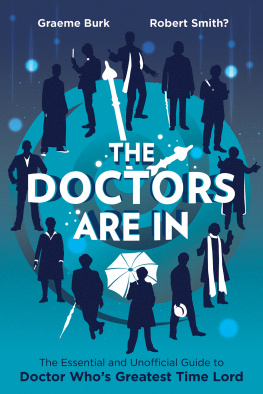



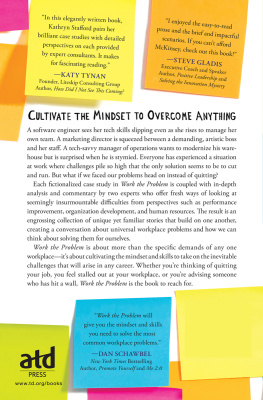
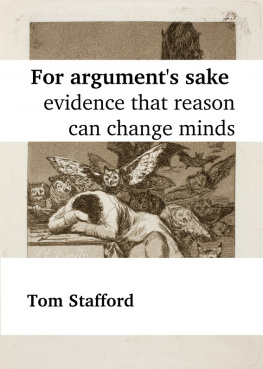
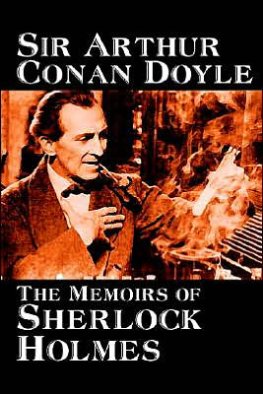
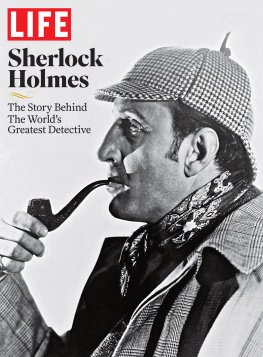
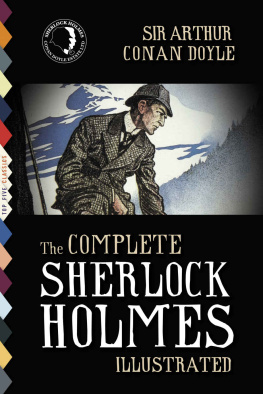


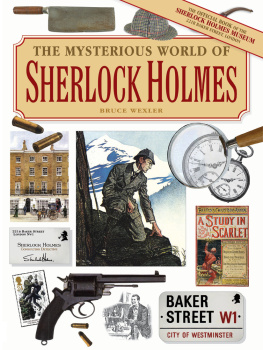

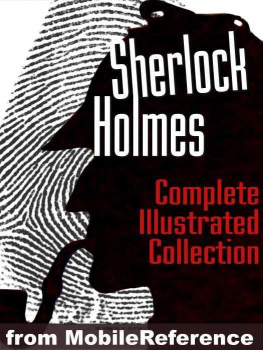
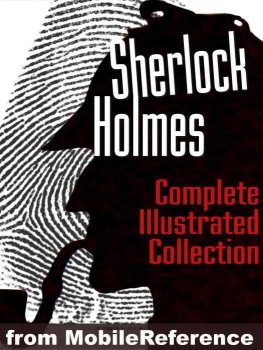
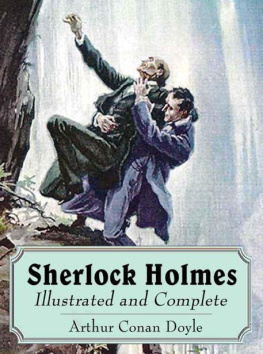
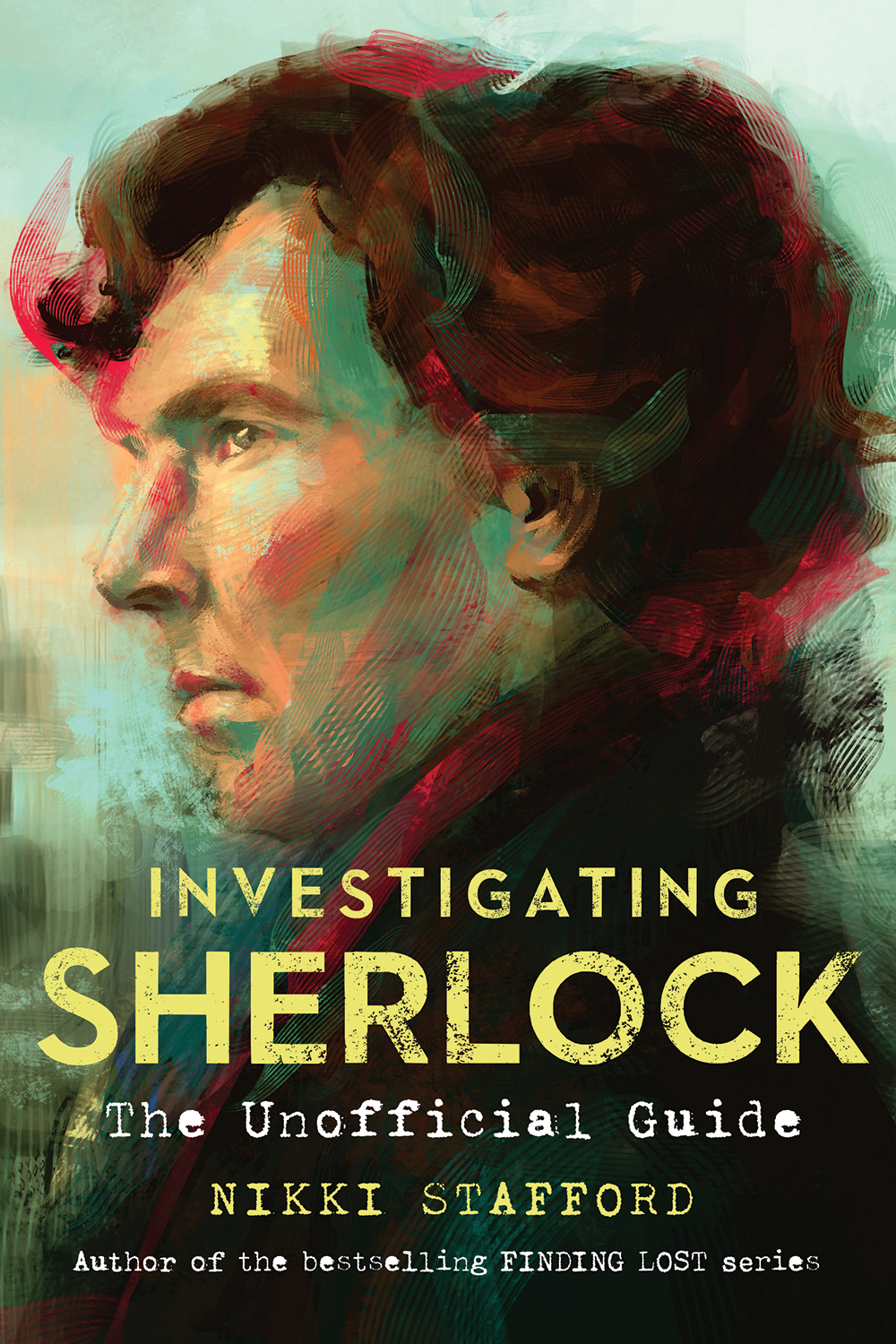
 THE DOCTORS ARE IN From his beginnings as a crotchety, anti-heroic scientist in 1963 to his current place in British pop culture as the mad and dangerous monster-fighting saviour of the universe, the titular character of Doctor Who has metamorphosed in his 50 years on television. And yet the questions about him remain the same: Who is he? Why does he act the way he does? What motivates him to fight evil across space and time? The Doctors Are In is a guide to televisions most beloved time traveller from the authors of Who Is The Doctor and Whos 50. This is a guide to the Doctor himself who he is in his myriad forms, how he came to be, how he has changed (within the program itself and behind the scenes)... and why hes a hero to millions.
THE DOCTORS ARE IN From his beginnings as a crotchety, anti-heroic scientist in 1963 to his current place in British pop culture as the mad and dangerous monster-fighting saviour of the universe, the titular character of Doctor Who has metamorphosed in his 50 years on television. And yet the questions about him remain the same: Who is he? Why does he act the way he does? What motivates him to fight evil across space and time? The Doctors Are In is a guide to televisions most beloved time traveller from the authors of Who Is The Doctor and Whos 50. This is a guide to the Doctor himself who he is in his myriad forms, how he came to be, how he has changed (within the program itself and behind the scenes)... and why hes a hero to millions.
